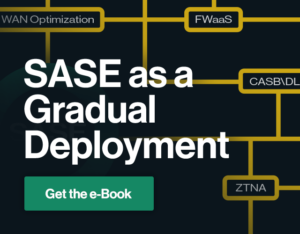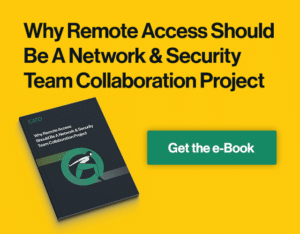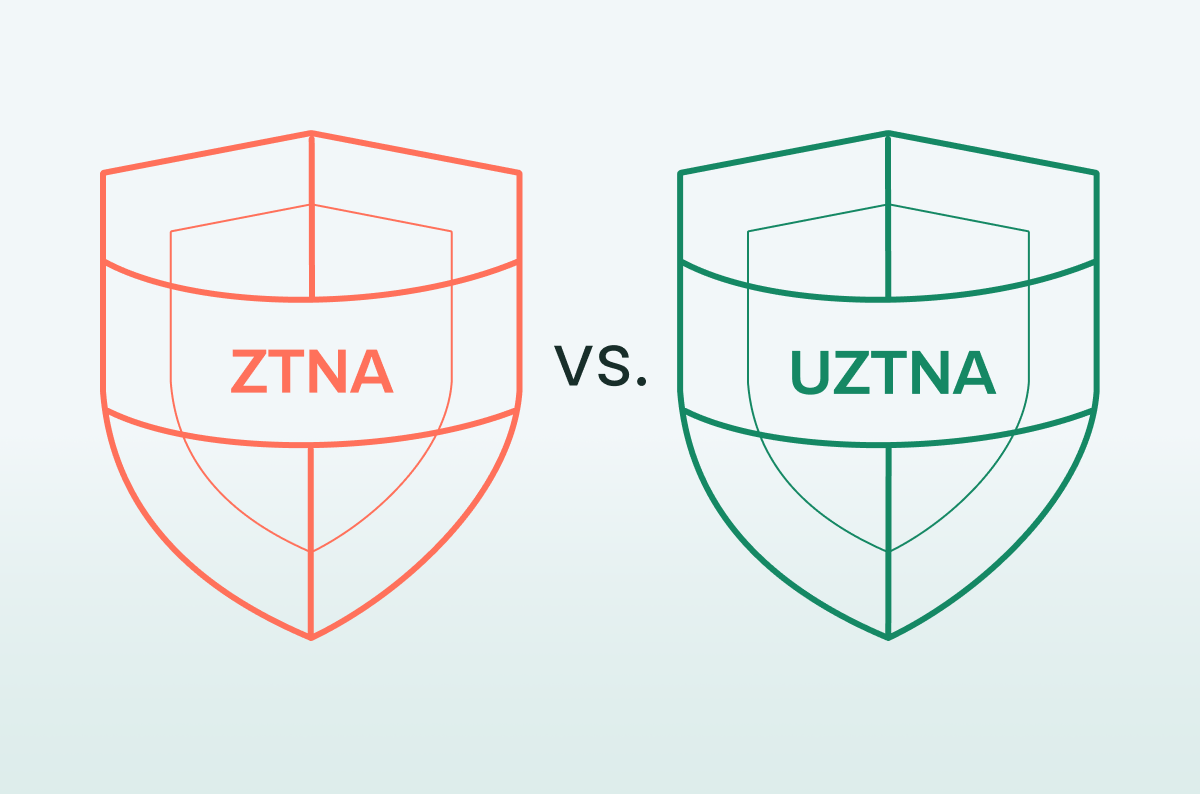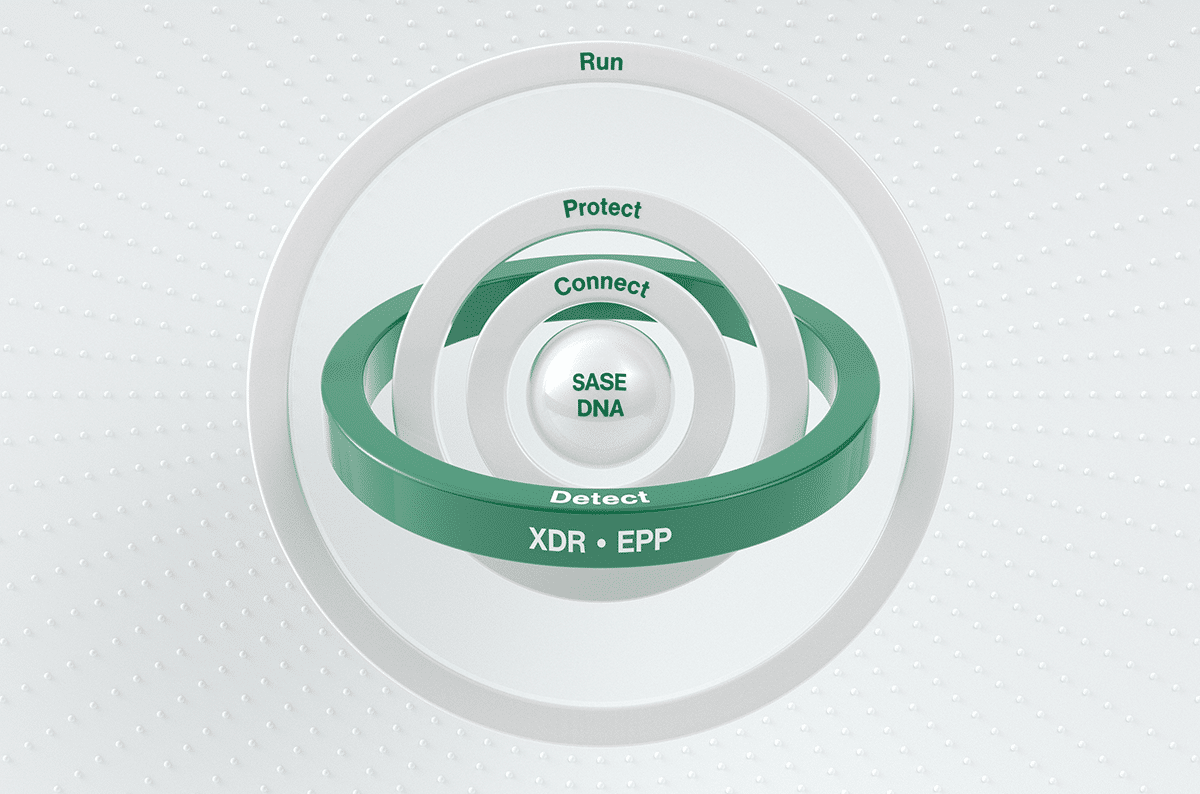SASE in Manufacturing: Overcoming Security and Connectivity Challenges

|
Listen to post:
Getting your Trinity Audio player ready...
|
Industry 4.0 is revolutionizing the manufacturing industry as we are witnessing numerous innovative technologies such as AI, IoT, and Robotic Process Automation (RPA) helping manufacturers enhance their supply chain, logistics and production lines. While we see these operations evolving into smart factories, the industry still faces challenges that could adversely impact its ability to realize the full potential of Industry 4.0.
Manufacturing Digital Transformation Challenges
Digital Transformation introduces a number of challenges to the manufacturing industry. These include:
- Cybersecurity vulnerabilities – The manufacturing industry is especially vulnerable to cyberattacks. Legacy manufacturing systems were not designed to defend against modern-day cyber attacks. Their legacy architecture makes it difficult to remain current on software patches and fixes, and this exposes them to increased risk of security breaches. Additionally, lacking proper visibility and control of all traffic flows makes it virtually impossible to have a rapid response and remediation of threats to the environment.
- Lack of flexible, scalable and reliable architectures – Manufacturers require a flexible, scalable and reliable architecture that can easily and cost-effectively scale as the business grows. This is something that MPLS does not provide because it cannot support the cloud evolution that the manufacturing industry is experiencing. Additionally, global expansion is a major challenge due to the cost and complexity of turning up new sites, especially in locations where MPLS is not easy for carriers to offer and support. And while some may deploy SD-WAN to overcome this, it is not suitable for global use cases, something the industry demands.
- Cloud Performance – MPLS makes connecting directly to 3rd party SaaS applications impossible for 2 key reasons: MPLS is a point-to-point technology, whereas SaaS traffic flows between cloud providers, so it is not feasible for cloud use; and, SaaS apps like Microsoft 365, FactoryTalk, SAP and others, require high-performance internet access, and this is something MPLS does not provide.
- Complicated tool management – Maintaining and monitoring multiple MPLS connections, telecom vendors, and legacy tools is extremely complicated, frustrating and prone to errors. This becomes even more challenging when integrating technology from acquisitions.
- Global disconnect – Most manufacturers have global operations, with their HQ, production, engineering, suppliers and sales dispersed across the globe. All these users need secure, high-performance local, remote and global access to enable the business to run, which is hard to deliver over MPLS.
The Solution to Manufacturing Challenges: SASE
SASE (Secure Access Service Edge) is an innovative approach to networking and security that converges these technologies into a single, global, cloud-native service that enables enhanced security, consistent policy enforcement, and faster threat response times. With SASE, manufacturers can overcome the above mentioned challenges that plagues many factories during their digital transformation journey.
To support this journey, manufacturers need a new solution: SASE. With SASE, enterprise networking and security technologies are converged into a single cloud-native software stack and delivered over a global backbone where all capabilities operate in unison. SASE allows manufacturers to reduce the risk of cybersecurity breaches while delivering reliable, low latency, global access to applications and systems. The following capabilities are crucial for SASE to deliver on its promise:
A Single Network Architecture
SASE, having its own global backbone, enables authorized users, locations, clouds and applications to reliably and consistently connect at anytime and from anywhere in the world.
High Performance
The SASE cloud enables IT teams to instantly scale, optimize and enhance the network according to business requirements, and this ensures reliable and predictable performance for applications and a rich experience for all users.
Cloud Data Architecture
SASE optimizes traffic and routes it along the best path to its destinateion based on WAN optimization and dynamic routing policies. This ensures low latency cloud access for all users.
Baked-in Security
SASE strengthens the security posture by providing all required security capabilities including Zero Trust Network Access (ZTNA), firewall-as-a-service (FWaaS), cloud-access security broker (CASB), DLP and secure web gateway (SWG).
Holistic Protection
ZTNA in SASE ensures only authenticated and authorized users and devices gain access to critical enterprise business applications. To further extend security protection and coverage, Managed Detection and Response (MDR) is also available.
Consistent Access for Mobile Users and Suppliers
All authorized users receive consistent access, performance, and security no matter where they are.
What’s Next for Manufacturers?
SASE allows manufacturers to focus their time and resources on key business initiatives such as global expansion and enhancing factory operations instead of worrying about IT and security. This allows them to do what they do best, while maintaining peace of mind that their network and security needs are covered.
To learn more about SASE and manufacturing, listen to the podcast episode “How to implement SASE in manufacturing: A discussion with PlayPower”.















